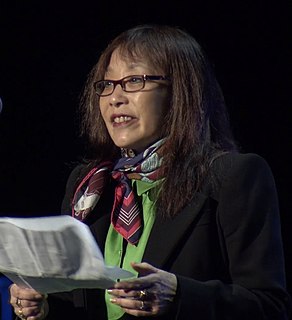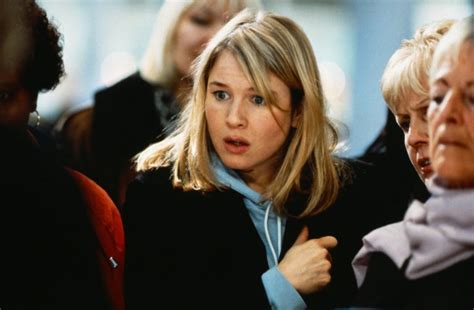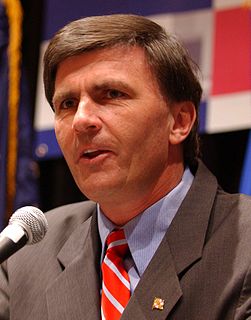A Quote by Michiko Kakutani
Trump tapped into a lot of middle-class and working-class disillusion with the political establishment and into economic worries and resentments that ballooned in the wake of the 2008 financial crash.
Related Quotes
The political world is changing rapidly. What the establishment has learned, what the Democratic establishment, the Republican establishment, the media establishment, is the world is not quite what they thought it was. With the middle class disappearing, with people working longer hours for lower rages, with people worried about the future of their children, what you are seeing is a lot of discontent at the grassroots level all over this country. And that's what's going on right now.
I did my BA in English lit, and hated the restriction - I'd always read more in translation than not; coming from a working-class background, what I knew of as British literature - the writers who made big prize lists and/or were stocked in WH Smith, Doncaster's only bookshop until I was 17 - seemed incredibly, alienatingly middle-class. Then in 2009, just after the financial crash, I graduated with no more specific skill than 'can analyse a bit of poetry'.
The really successful work in England tends to be working-class writers telling working-class stories. The film industry has been slow to wake up to that, for a variety of reasons. It still shocks me how few films are written or made in England about working-class life, given that those are the people who go to movies.



































